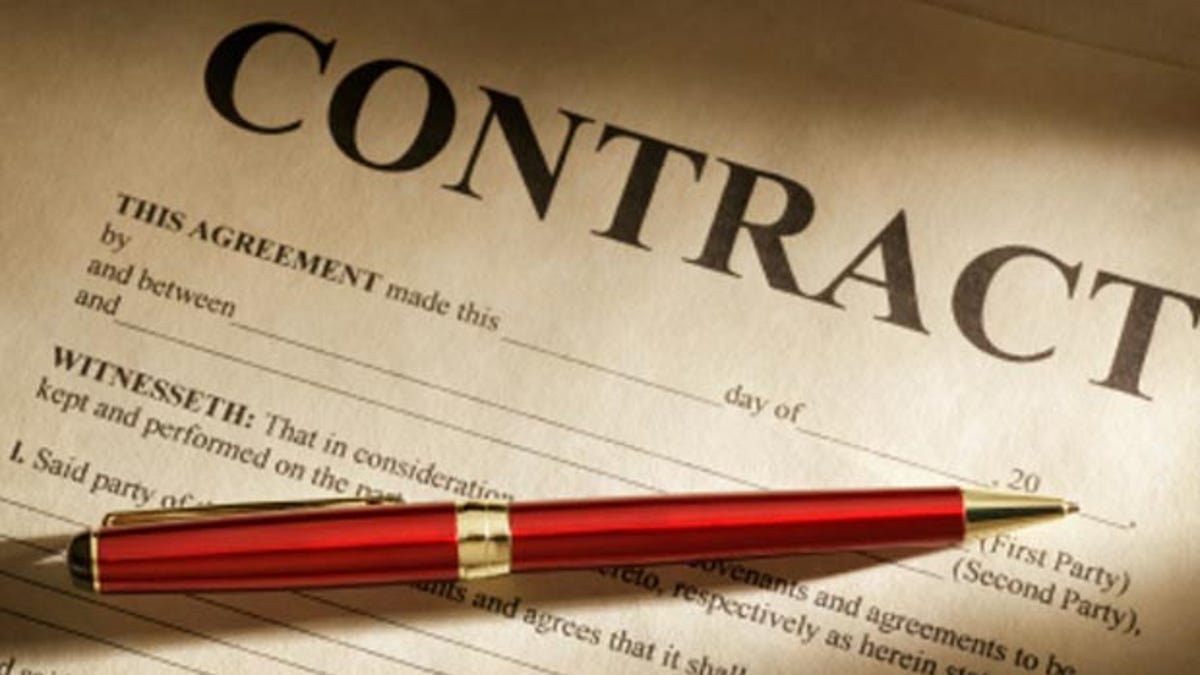Apple licensed its designs to Microsoft, but barred 'cloning'
The disclosure by the head of Apple's patent licensing group came in testimony today at the Apple-Samsung patent trial. It's not clear when this particular deal was struck.

SAN JOSE, Calif. -- Apple's patent licensing chief said here today that an earlier cross-licensing deal allowed Microsoft access to a host of its design and feature patents, but prohibited the copying of Apple's own products.
Apple patent licensing director Boris Teksler made the disclosure during testimony in the company's trial against Samsung, which could wrap up as soon as next week. It's not clear how long the cross-licensing deal he mentioned has been in place, or how long it will last.
"All these patents are in Apple's unique user experience, and not ones we would license," Teksler said during the redirect portion of his testimony. He said the Apple-Microsoft cross-license covers design patents, but added that Apple added "special prohibitions" with an anti-cloning provision.
"There's peace to each other's products; there's a clear acknowledgement that there's no cloning," he said. Teksler added that Microsoft did not receive special rights.
Neither Apple nor Microsoft have disclosed the details of their cross-licensing agreement in public, which is common enough in such deals. But some fine print could spill out as a result of this case, given that Apple and Samsung have had to open up their books to the each other.
In an order last week, U.S. District Judge Lucy Koh ruled tokeep the major details of licensing deals between Apple, Samsung, and others (including Microsoft) from public view.
"The public release of such information would place these third-parties in a weakened bargaining position in future negotiations, thereby giving their customers and competitors a significant advantage," Koh said in her ruling last week.
Microsoft does not make its own phone hardware, instead choosing to license out its Windows Phone platform to hardware manufacturers. However earlier this year the company went in a new direction with tablets, choosing to introduce the Surface. That tablet, which will run Windows 8, is Microsoft-branded hardware, and was designed in-house.
The company unveiled it at a flashy event in Hollywood, Calif., earlier this year, and promised to release it shortly after the first crop of Windows 8 tablets from its manufacturing partners. Windows 8 itself is due out in late October.
The untouchables
Teksler noted that while Apple initially approached Samsung and accused it of copying its products and infringing on a multitude of its patents, Apple would not outright license any of its main patents to another company.
"We were clear we weren't offering a license to everything," Teksler said. "We had yet to discuss some what we termed 'untouchables,' if you will."
Last week Teksler said that those "untouchables" comprise a tier of patents Apple would not share with others -- something it considered made up its "unique user experience."
That said, Teksler claimed that the company wanted to make a deal.
"We were trying very hard to come up with an amicable resolution with Samsung," he said. "We wanted to get properly compensated for that which was infringed, and with respect to our unique user experience. That's exactly what we were trying to do with this presentation."
Samsung's lawyers were keen to point out that Apple had made no mention of its design patents at the time it came to Samsung with its copycat accusation -- the same point they made last week. Teksler responded by saying that some of those patents were still pending at the time of the meeting, and were subsequently granted before the two companies filed suit against one another.
Complete coverage: Apple v. Samsung, a battle over billions

